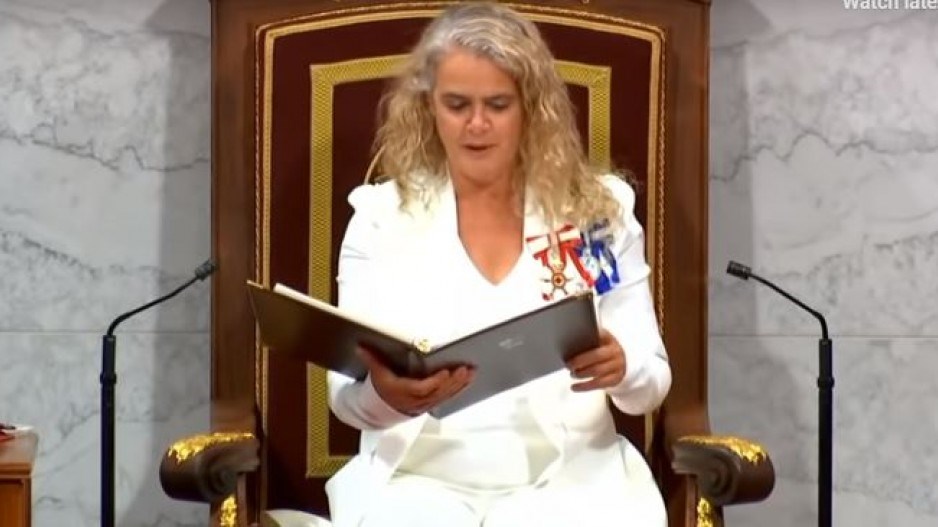Canada may need new broad-based taxes or tax increases to pay for massive and permanent federal deficits, or Canada’s debt-to-GDP ratio could become unsustainable, says a special C.D. Howe working group led by former federal finance minister John Manley.
Wednesday’s throne speech only confirmed what C.D. Howe working group feared: The Trudeau government is prepared to spend whatever it takes, for however long it takes, on economic recovery, but has no long-term plan for paying for it.
“I was hoping for a bit more fiscal sustainability,” C.D. Howe research director Alexandre Luarin said, after listening to the throne speech. “It seems like it was bottomless.
“If you are going to be spending over $20 billion or more, permanently, a year in the future, that’s kind of major. And if you’re going to go this route, you need to finance it. You can’t just finance it through deficit year after year.”
The Conference Board of Canada shares the C.D. Howe Institute’s concerns, and appears to agree that new revenue sources will be needed to pay for Trudeau’s new program spending commitments.
“In theory, the costs of the crisis will be a one-time, sizeable hit, adding significantly to the amount of debt that can be financed with very low bond rates,” the Conference Board said. “However, many of the important measures announced in yesterday’s Speech from the Throne will add permanently to federal spending levels and to the growth of spending.
“Over the long-term, these can only be financed by expanding the government’s revenue base. Very little in the Throne Speech hints at how that might be achieved.”
The speech from the throne commits Ottawa to spending its way through a pandemic-induced recession “as long as it lasts, whatever it takes.”
While some of the measures, like extending a wage subsidy into 2021, are temporary, others are permanent in nature. They include commitments to national child care, pharmacare and long-term care programs, as well as increase to old age security.
Some of those programs, like child care, are supported by many business groups, which also agree with the assertion in the speech that “this is not the time for austerity.”
According to the C.D. Howe working group's report, a one per cent decline in debt ratio would require a 5% cut to pre-crisis spending, so it does not recommend spending cuts.
Apart from a plan to target “extreme wealth,” especially from “digital giants” that shelter profits offshore, Wednesday’s throne speech contained no hint of broad-based taxes or tax increases to cover all of the government’s spending commitments.
Even before the COVID-19 pandemic, Justin Trudeau's Liberal government appeared to be on track for unending deficits.
The federal deficit for the 2019-20 budget was projected to be $20 billion. Massive amounts of emergency spending, and revenue declines, due to the COVID-19 pandemic and resulting recession, has pushed the deficit for this year to an estimated $343 billion.
The C.D. Howe working group estimates that the federal deficit will increase $40 billion annually for a decade, if spending returns to pre-pandemic levels, starting next year. That would result in a debt-to-GDP ratio that is “stable.”
But Wednesday’s throne speech confirmed the working group’s suspicions that some of the spending will become permanent.
Based on its modelling, the working groups warns that, “if unfunded, ongoing federal program spending permanently increased by $30 billion over the pre-crisis planned level, the recurring annual deficit over the next 10 years would nearly double, to around $75 billion.
“Most members of the group agreed that the federal government’s finances face significant downside fiscal risks, and that there is negligible fiscal room for major ongoing post-crisis federal initiatives without broad-based tax increases."




